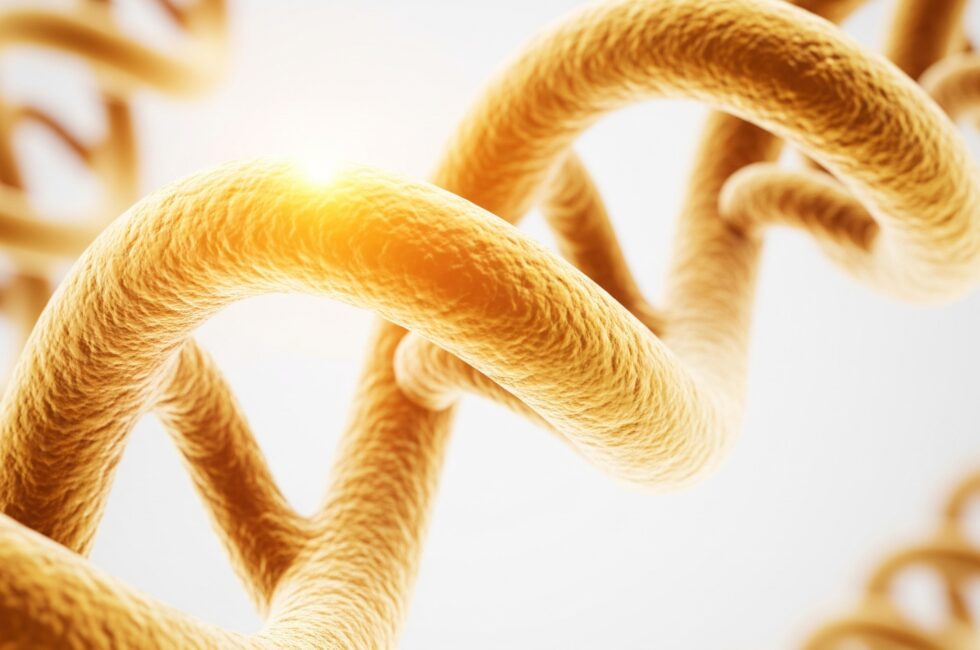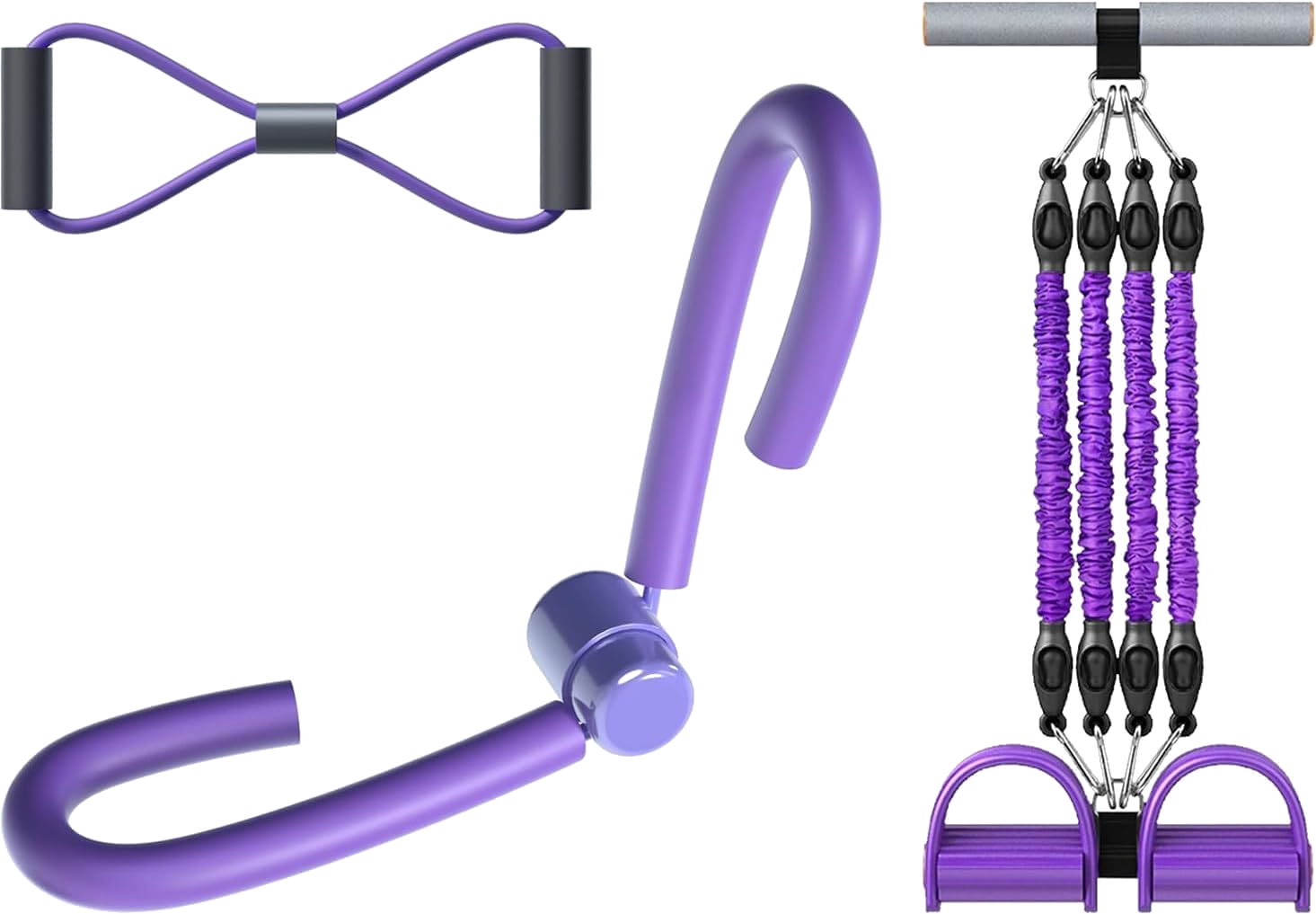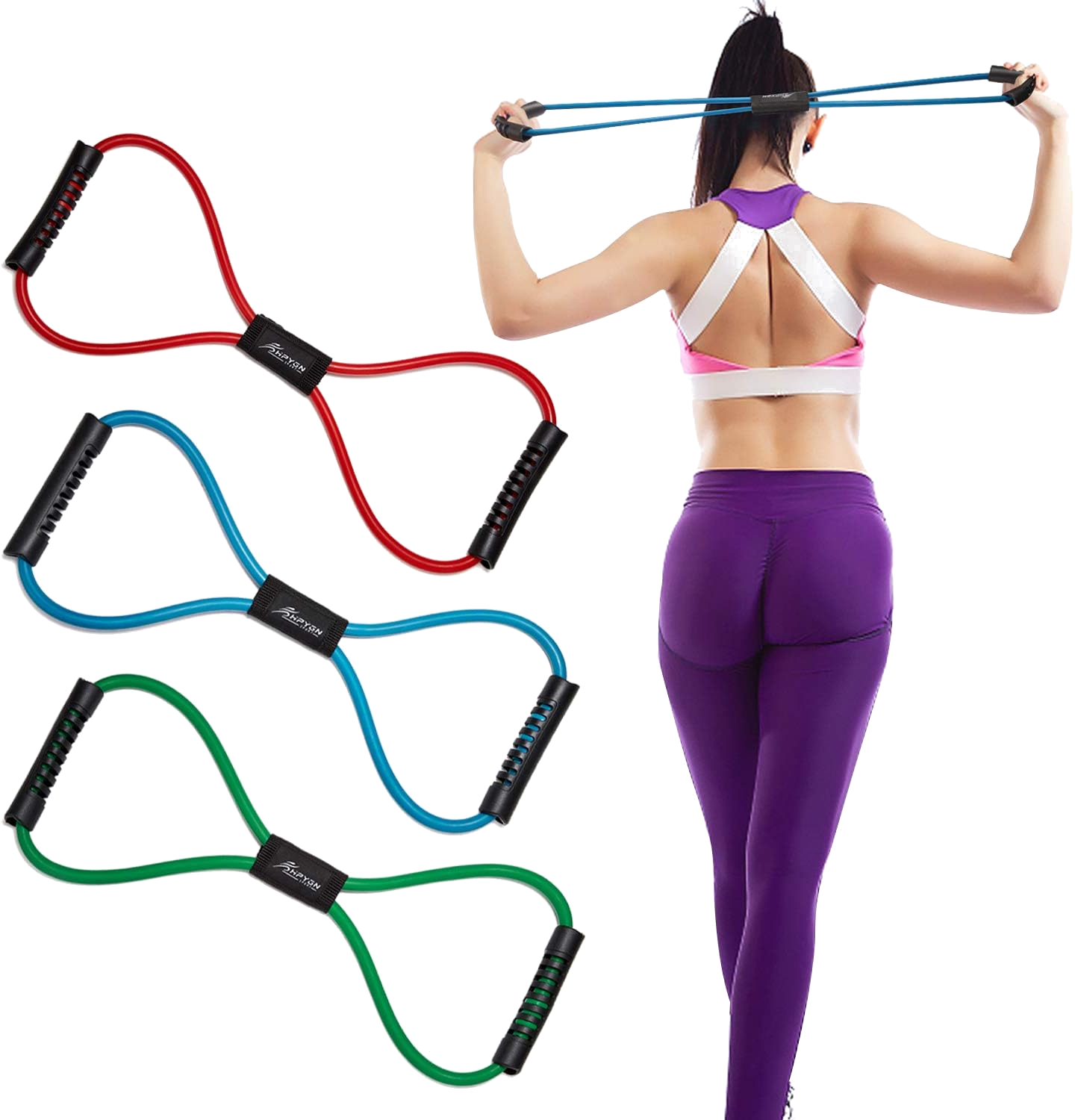Collagen—a protein that plays a huge role in keeping us strong, flexible, and vibrant. Whether you’re a patient looking to improve your health or simply curious about your body, I’d like to share some information in a way that’s easy to understand, empowering you to learn and take charge of your wellness journey.
Let’s begin by describing what collagen is, how your body makes it, why it varies across tissues, and whether those popular supplements really work—plus, how hyaluronic acid (HA) and a compound called GHK-Cu can team up with collagen to support your health.
What Is Collagen? The Body’s Building Block
Imagine collagen as the scaffolding of your body—it’s the most abundant protein, making up 25-35% of all the protein you have. It’s in your skin, bones, tendons, ligaments, cartilage, and even blood vessels, giving them strength, elasticity, and structure. Think of it like the glue that holds everything together while still letting your skin stretch and your joints move smoothly.
Collagen is made of long chains of amino acids—mostly glycine, proline, and hydroxyproline—twisted into a triple-helix structure. This unique shape is what makes collagen so strong yet flexible. There are at least 28 types of collagen, but five are especially relevant for us today.
Type I strengthens skin, bones, tendons; Type II cushions cartilage; Type III adds flexibility to vessels, skin. Type IV forms filtration mesh in kidneys’ basement membranes; Type V supports hair, placenta tissues.
Understanding collagen types shows their vital roles and why supporting collagen is crucial as we age.
How Does Your Body Make Collagen?
Your body produces collagen in fibroblasts or chondrocytes, using specific genes to generate blueprints for healing wounds.
Amino acids from foods like meat or beans form procollagen chains, strengthened by vitamin C, twisted into a triple-helix.
Procollagen is sent outside, where copper-dependent enzymes trim it into mature collagen, forming tough fibers influenced by diet.
Why Are There Different Types of Collagen?
You might be wondering why we have so many types of collagen. It’s all about what each tissue needs. For example, your skin needs to be stretchy but strong, so it has Type I and III for both strength and elasticity. Your cartilage, which cushions your joints, needs Type II to handle pressure and provide a gel-like support.
Blood vessels use Type III for flexibility, while basement membranes (like in your kidneys) use Type IV for a mesh-like structure that helps with filtration. Type V supports tissues like your hair or placenta, ensuring they function properly.
This specificity comes down to your genes—different cells turn on different genes based on their role in your body. It’s amazing how your body knows exactly what to build where! Understanding this can help you target specific concerns—like focusing on Type II collagen for joint health if you’re dealing with arthritis.
How Does Your Body Produce Collagen Naturally?

Your body is always making collagen to keep your tissues healthy, repair damage, and support growth. Here’s what helps—and what hurts—the process:
- Nutrition: You need amino acids from protein-rich foods like eggs, fish, or beans. Vitamin C (from oranges or bell peppers), zinc (from nuts), and copper (from shellfish) are also key. Without them, collagen production slows down.
- Hormones: Things like estrogen and growth hormone boost collagen production, which is why your skin might look amazing during pregnancy but thinner after menopause.
- Lifestyle: Exercise, especially strength training, can stimulate collagen production by activating fibroblasts. But smoking, too much sun, and high sugar intake break down collagen faster than your body can make it.
- Age: Sadly, collagen production starts dropping in your 20s. By your 60s, you’re making a lot less, which is why skin gets thinner and joints get stiffer.
The good news? You can support your body’s natural collagen production by eating well, staying active, and protecting your skin from damage. Learning what impacts collagen can empower you to make choices that keep your body strong.
Do Supplements Really Work?
Now, let’s talk about supplements—those powders or pills you see everywhere. They’re usually hydrolyzed peptides, meaning they’re broken down into smaller pieces for better absorption, and they often come from bovine, marine, or porcine sources. But do they actually help? Let’s look at the evidence.
- Skin Health: Studies show that taking 2.5–10 grams of collagen peptides daily for 8–12 weeks can improve skin hydration, elasticity, and reduce wrinkles. A 2019 meta-analysis confirmed these benefits, showing real improvements in skin moisture and bounce. The peptides might stimulate your fibroblasts to make more collagen and even boost hyaluronic acid in your skin for extra hydration.
- Joint Health: Research, like a 2018 study, found that 5–10 grams daily can reduce joint pain and stiffness, especially for osteoarthritis or active people. The peptides may help repair cartilage and lower inflammation.
- Bone Health: There’s evidence that collagen supplements can improve bone density in postmenopausal women by supporting bone-building cells (osteoblasts).
- Other Benefits: Claims about muscle recovery, gut health, or hair and nails are out there, the evidence is not as strong.. a recent study provides evidence that collagen supplementation may facilitate enhanced weight loss.
Participants who consumed the collagen-rich bars experienced impressive results. They lost twice as much weight—approximately 6.6 pounds compared to the control group’s 3.3 pounds. Both groups consumed the same calorie count, suggesting collagen’s effect was due to increased fullness rather than reduced calorie intake alone.
Collagen-enriched protein bars linked to dramatic weight loss
Things to Know
First, not all the collagen you take turns into collagen in your body—some gets broken down into amino acids for other uses.
Second, results depend on your diet and health. If you’re low on protein or vitamin C, you might see bigger benefits. And third, it takes time—usually 8–12 weeks of consistent use.
I recommend looking for high-quality hydrolyzed collagen (Type I for skin, Type II for joints) from reputable brands with third-party testing. Pair it with vitamin C-rich foods like strawberries to help your body use it better. And don’t forget the basics: a balanced diet, exercise, and sun protection are just as important for your health.
One thing to note—some claims, like “brain-specific collagen,” are not supported by studies. The brain itself doesn’t have much collagen, though it’s in surrounding tissues like blood vessels. So, be skeptical of products promising brain benefits from “brain” supplements.
How Do Hyaluronic Acid and GHK-Cu Work?
Let’s take it a step further. Hyaluronic acid (HA) and a compound called GHK-Cu can work with collagen to amplify its benefits. Here’s how they fit in:
- Hyaluronic Acid: HA is a molecule that holds water, keeping your skin hydrated and your joints lubricated. Studies, like a 2020 trial, show that combining HA (120–200 mg/day) with collagen peptides (5–10 g/day) improves skin hydration and elasticity more than either alone. HA creates a moist environment that helps collagen fibers form properly, and it also reduces joint stress by lubricating cartilage. You can take HA orally for systemic benefits or use it topically for instant skin hydration.
- GHK-Cu: This is a copper-binding peptide that naturally occurs in your body but decreases with age. It’s a powerhouse for collagen production, stimulating fibroblasts to make more (especially Types I and IV) and even helping break down damaged collagen to make way for new fibers. A 2015 study showed GHK-Cu with HA boosted collagen IV production by up to 25.4 times in lab tests! It’s great for skin health, wound healing, and even hair growth. You can find it in topical serums (0.5% is common) or explore oral forms, though those need more research.
For the best results, combine 5–10 grams of collagen peptides, 120–200 mg of low molecular weight HA, and a GHK-Cu product (if your skin tolerates it). Add in nutrients like vitamin C (100–200 mg/day), zinc (8–15 mg/day), and copper (1–2 mg/day) to support the whole process. Just a heads up—don’t mix GHK-Cu with vitamin C or retinoids in your skincare routine, as they can break it down. Apply them at different times of day.
Putting It All Together: Your Role in Taking Charge of Your Health
Knowledge is power so I hope you feel empowered by this knowledge! Collagen is incredible, but it’s not a magic fix—it works best when you support your body with good nutrition, exercise, and smart habits. Supplements can help, especially for skin and joints, and pairing them with HA and GHK-Cu can give you an extra boost. But the real power comes from understanding how your body works and making choices to support it.
I encourage you to keep learning—ask questions, try new things, and see what works for you. Maybe start with a small change, like adding more vitamin C-rich foods to your diet, and see how your skin or joints feel after a few weeks. You’re in the driver’s seat of your health, and I’m here to help you along the way. Let’s keep exploring!
Supplements




